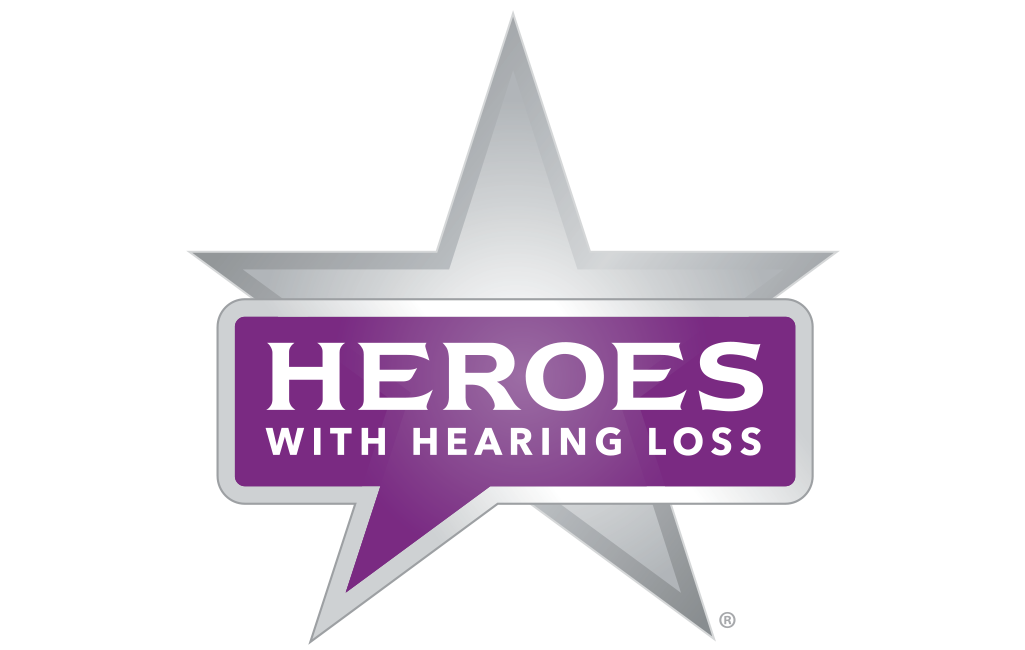Heroes With Hearing Loss® Helps Veterans with Hearing Loss Reconnect with Family and Friends
 On April 11, 2006, Captain Mark Brogan was leading a Stryker team as part of a Quick Reaction Force patrolling Al An-bar Province, Iraq. Somewhere between Falluja and the Syrian border, Mark and his team found themselves in the unremarkable little village of Rawah along the Euphrates River.
On April 11, 2006, Captain Mark Brogan was leading a Stryker team as part of a Quick Reaction Force patrolling Al An-bar Province, Iraq. Somewhere between Falluja and the Syrian border, Mark and his team found themselves in the unremarkable little village of Rawah along the Euphrates River.
“My platoon sergeant and I both intuitively knew it was way too quiet. Something was wrong. One of my NCOs turned around to say something to me when he noticed a guy run around the corner and put his hand up his shirt. Then he blew up.”
The soldier behind Mark was killed instantly. By the time Mark himself landed several feet away, he had a collapsed lung, shrapnel in his spinal cord and brain, and his arm was nearly severed. Everyone thought he was dead. The explosion left Mark with a traumatic brain injury (TBI) and hearing loss, followed by years of rehabilitation and therapy.
Often overshadowed by the more visible and publicized wounds of war, hearing loss and tinnitus are two of the top service-connected disabilities. As of 2023, more than 1.49 million Veterans were receiving disability compensation for hearing loss, and more than 2.9 million received compensation for tinnitus. For combat veterans like Mark, hearing loss is often also intertwined both physically and emotionally with Post Traumatic Stress Disorder, TBI or other conditions resulting from their time of service.
This is where Heroes With Hearing Loss® plays a critical role by sharing information and resources available to veterans and their families. Through program sponsor, Hamilton® CapTel®, veterans with hearing loss like Capt. Brogan have access to Captioned Telephone solutions at no cost. Through this technology, veterans can engage in live phone conversations with ease, allowing them to both listen and read what is being said during phone calls. This ensures clarity and enables veterans to participate fully in live communication, rather than relying solely on text messages. It has made all the difference in the world for Capt. Brogan.
“My family used to say, ‘why don’t you call?’ – well, because I can’t hear,” he says. With the help of a captioned telephone, Mark is able to call his family, set up his own VA appointments, and even effectively advocate for other veterans.
For veterans experiencing hearing loss, being able to communicate on the phone is more than just a convenience – it is a vital tool for maintaining strong social ties. Research shows that social isolation can contribute to serious health problems, including depression, cognitive decline, and heart disease. By providing veterans with the ability to communicate clearly and confidently over the phone, Captioned Telephone helps combat these risks, promoting better overall health and empowering veterans to stay connected with the people who matter most in their lives.
For more information about captioned telephone solutions, visit HeroesWithHearingLoss.org.


